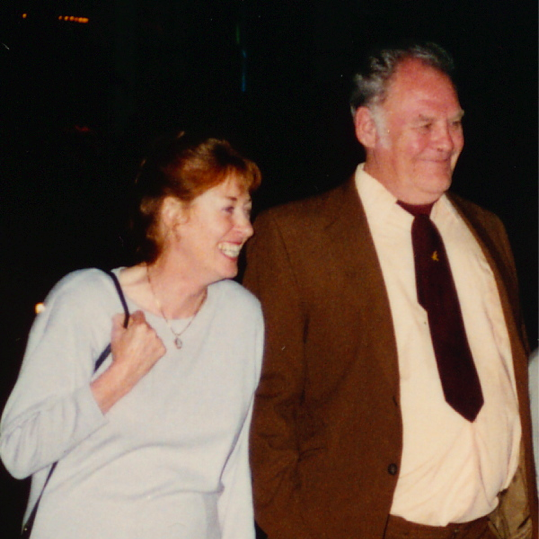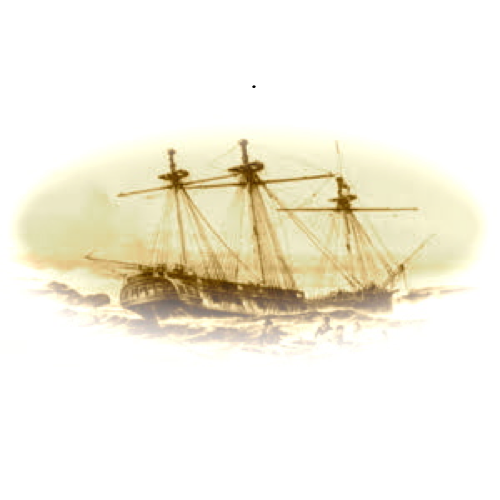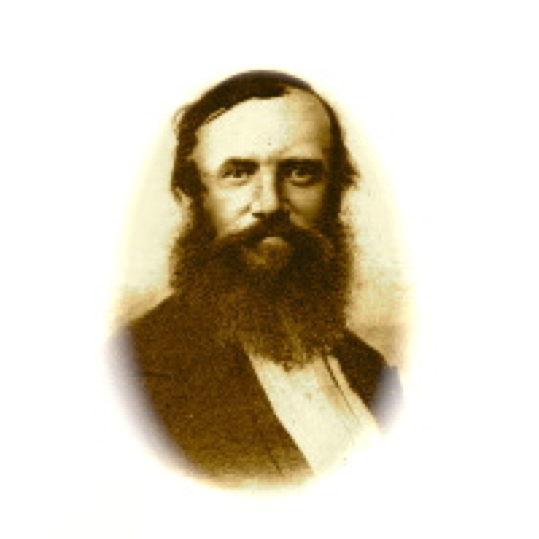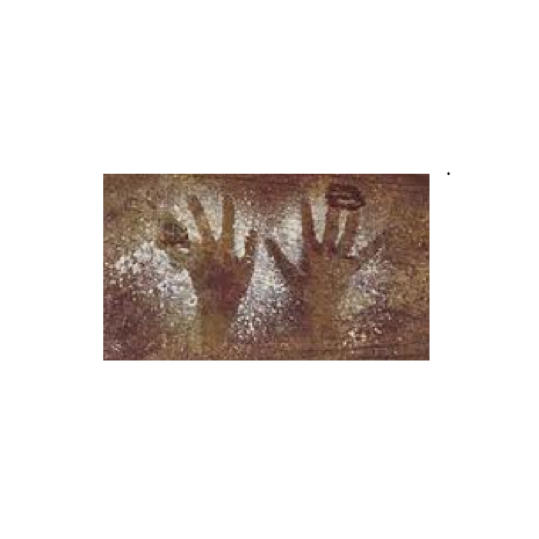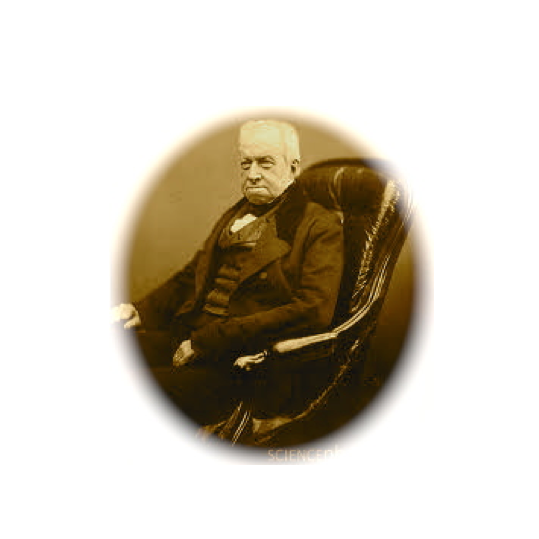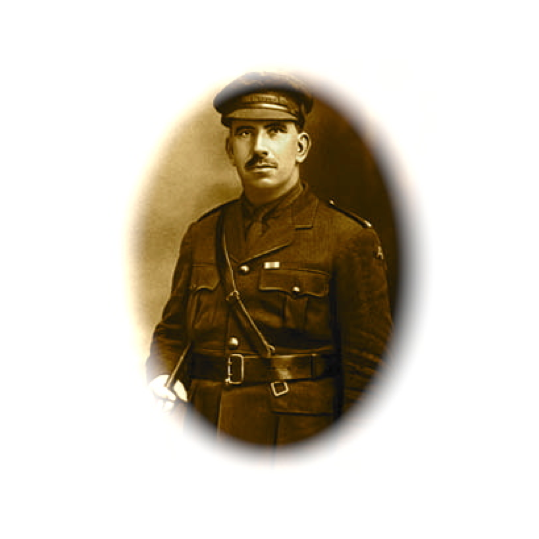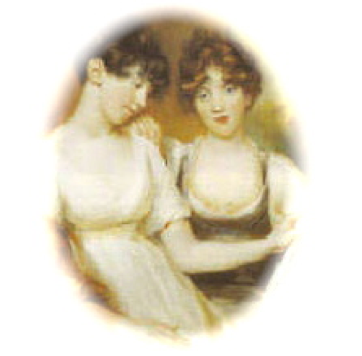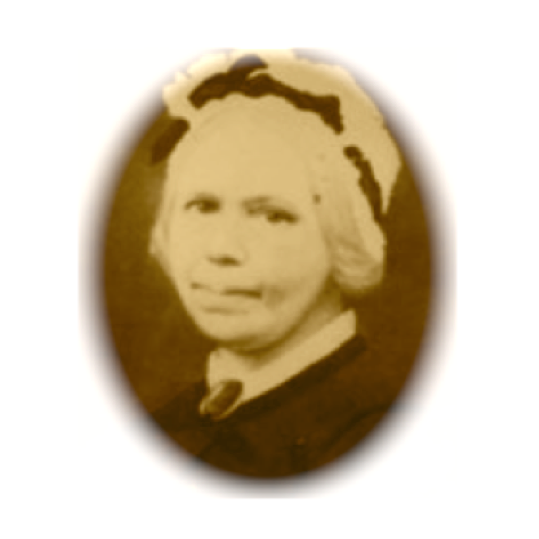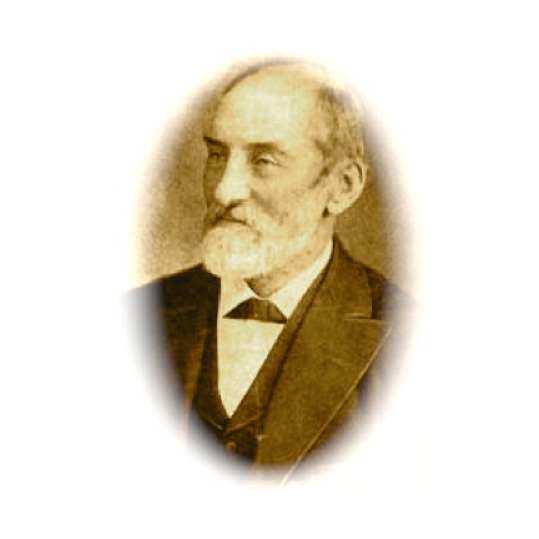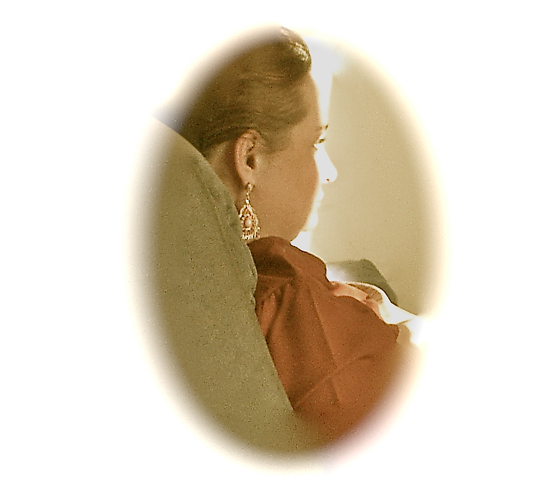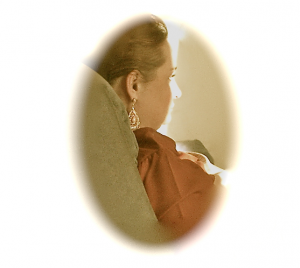Hughie Keatings (he always emphasised the ‘s’ on the end) born 1920 in Bridgeton, Glasgow, Scotland, died 1999 Perth WA, was a regular in the bar at The Rosemount Hotel in North Perth, where many daft times were enjoyed during the 1990s.
Backpackers and old-timers living upstairs, the Red Rose Café, sessions, bands in the beer garden, lots of Irish and all the gossip and intrigue that goes on in any community. Hughie took a ‘shine’ to me, sharing stories from his past and because we both enjoyed musical performance, we attended a variety of shows together. He even came to one of my performances – although he would have preferred me to sound like Lena Horne! Hugh was diagnosed with cancer in 1999 just before we left for a holiday in Scotland and died while we were away. “Ayewis” (Always/forever) was a word he often used and it had to be pronounced “Ayewiz”!
Ayewis sample
Ayewis – Lyrics
Yoo hoo, yoo hoo Hugh! yoo hoo, yoo hoo Hughie!
“Here’s ma wee hen, you are ma wee hen,
you and Patsy Macfarlane, yir baith ma wee hens, ayewis.”Guiding partners round Glasgow’s halls
Were you a heart-throb, were you a chancer
Does some wifie somewhere sigh and recall,
“Mind yon big Hughie Keatings, he wis a braw dancer”.
Warm Sat’dy arvo, beer garden shimmy, we had the moves
Pursed lips, bumping hips, to Rick and his Hot Biscuits’, ‘Forever Young’Weaving stories, I never thought lies,
“My Irish Granny passed her gift to me”
Reeled in by Highland muse, farseeing eyes,
“Rippling black hair like seaweed floating in the sea……..
Knocked doon in Brigton by the first motor car to come through!”
Wheezin’, gigglin’ fools, wrigglin’ on stools where the bar curves aroundNever back Hugh, no pull no pining?
“Naebody’s left now, to ken nor care
and in this country a poor man lives like a king
onyhow canna save up – need ma money for beer.”
Drawn up to full height, imposing figure, jutting jaw,
” Outback WA, s’true there’s a Mount Hugh named after me”Tholin drouth, ticht tin flute, dreaded wallies in,
cheque saved for booked seats, night out on the town,
Pure enjoyment raising smiles, stamps, claps, shout’n
Teeth in pocket, belly free, to Connolly’s for a Swan
Concert critique then, but a big wummin happening by
And he’d throw out his arms, roar and give her a great big squashy hugYoo hoo, yoo hoo Hugh! Yoo hoo, yoo hoo Hughie!
“But you’re ma wee hen, you are ma wee hen,
you and Patsy Macfarlane, yir baith ma wee hens, ayewis”Goodbyes seemed trite in comparison
to humbling delight in his knowing eyes
“Don’t know where wee hen but, ma fay has gone
so ah won’t make a hundred and twenty five”
Pub love is easy, reality barred, still sad to hear
of old hurts, held in hearts unable to celebrate his life and timesYoo hoo etc………………………………ayewis………………….ayewis
GLOSSARY:
ayewis – always/forever; baith – both; wee hen – term of endearment (small female); wifie – mature woman; tholin drouth – putting up with thirst; ticht tin flute – tight suit; wallies – dentures; wummin – woman
© Words and Music Grace McC. B. Reid
